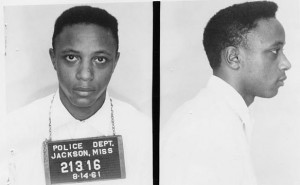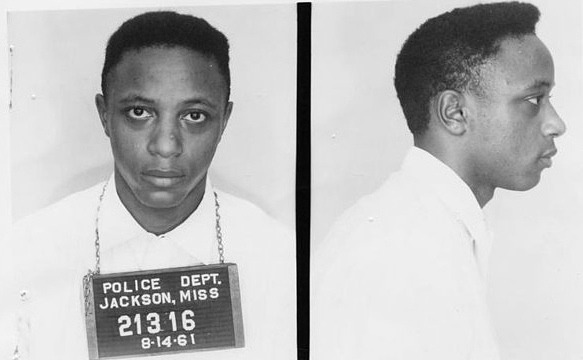
I first knew the term “summer project” as the shorthand way of referring to the summer mission trips I went on during my college days. The international student organization I went with on those trips founded its first “summer project” in Ocean City, NJ, in 1965 to train students in Christian evangelism and discipleship.
I recently discovered, however, that the actual origin of the term “summer projects” probably came from a different source. For 10 weeks during the summer of 1964, more than 1,000 college students from all over the United States joined African-Americans from the Deep South in what is now known as the “Freedom Summer” or the “Mississippi Summer Project,” an effort to register African-American voters. Widespread violence and arrests met the project’s participants and received extensive press coverage. The infamous murder of three civil rights workers involved in the project, including two white men and one black man, later inspired the movie Mississippi Burning, starring Gene Hackman and Willem Defoe.
The project was organized by a coalition of civil rights organizations, and helped lead to the passage of the Voting Rights Act of 1965.


